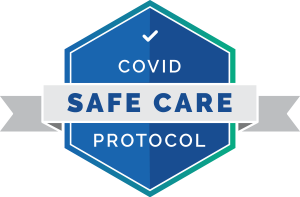When non-surgical treatments have been exhausted, surgery may be required to alleviate your pain.
The primary surgery to treat rotator cuff tendinitis is an arthroscopy—or arthroscopic rotator cuff repair. This minimally-invasive surgery involves small incisions and the use of a small camera that will guide the surgeon to the correct part of the shoulder. Using this technique, the expert surgeons at the Integrated Spine Institute can sew or reattach the detached tendon to the upper arm bone. This type of surgery is usually an outpatient procedure.
A shoulder arthroscopy is a fairly common procedure that often results in less pain, faster healing, and an increase in shoulder flexibility and range of motion.
As with any orthopedic condition, it’s important not to wait for a rotator cuff tendinitis to go untreated and negatively impact your daily life. You don’t have to live with pain or reduced function, and the experts at the Integrated Spine Institute can help you get started.
If you are suffering from painful symptoms associated with rotator cuff tendinitis and are ready to take the next step, try our interactive treatment finder below to find right treatment for you.


